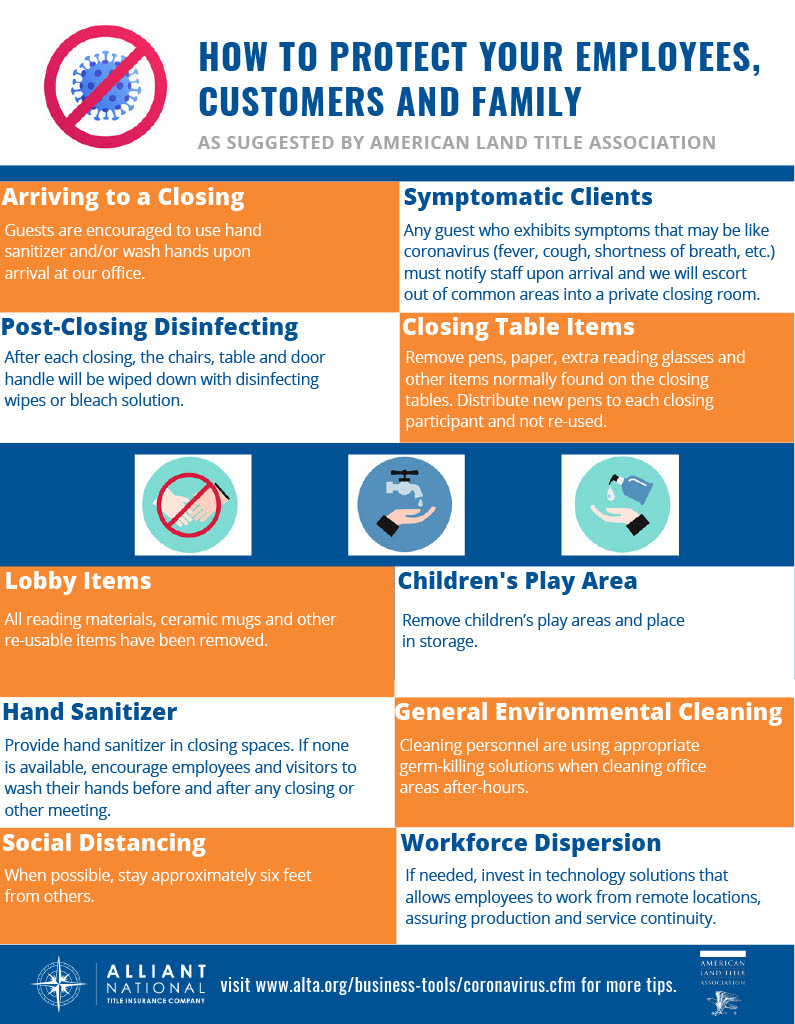Key Reasons to Use an Attorney for Estate Planning Services
Key Reasons to Use an Attorney for Estate Planning Services
In recent months, many of us have gotten better about one essential need: estate planning.
Though 62% of Americans still don’t have a will, the current health crisis has prompted many to draft or update theirs. Concerns about the pandemic have made many people, young and old, decide that the time has come to protect their assets and their loved ones.
But while these intentions are good, it’s worth noting that you’ll only reap the benefits if you do the estate planning process correctly on the front end. After all, it’s certainly true that you can draw up your own will and trust—but should you?
What benefits can an attorney offer that you can’t provide on your own? Should you partner with an expert, or should you assume your own efforts will protect your assets? Let’s take a look at a few key reasons to use an attorney for estate planning services.
Attorneys Know Local Estate Planning Laws
Even if you have a fair amount of legal background, it can be difficult to understand the nuances of your local estate planning laws. Though the overall picture of estate planning looks the same nationwide, each individual state will vary in the details.
Some states have special requirements about what can and can’t be in a will or trust. Others require certain formalities during the signing of any of these documents. Some even require personal representatives to be related to you by blood or marriage.
In addition, an attorney’s job is to stay on top of the ever-changing legal environment of estate planning. The federal and state governments and courts make small but constant changes to the details of the law, making it hard for a layperson to know the latest requirements.
This is why it’s critical to partner with a team of estate planning experts who understand the nuances of South Carolina’s estate planning laws.
Templates and Cheap Services Lead to Mistakes
It’s not difficult to find online services that offer help to anyone struggling with DIY estate planning. From free templates to cheap ebooks, you might hope to tackle this project on your own to save money.
However, the small amount that you save now can ultimately cost your family hundreds or thousands in the future. If part or all of your legal documents are found to be invalid, your loved ones may have to partner with an estate planning attorney to remedy your costly mistake.
Professional Estate Planners Save Money, Time, and Energy
As noted in the example above, you may find that estate planning services save your loved ones a great deal of money in the long run. After all, an invalid estate plan—or worse, no estate plan at all—can mean paying for professional fees, taxes, and court costs in the future.
In addition, however, experienced estate planning attorneys may even be able to save you more money. Because they understand the financial implications of your decisions and the nuances of the law, they may be able to find tax and financial benefits that work in your favor.
Beyond financial savings, an estate planner can save you time and energy as well.
Drafting an estate plan can be a complex and headache-inducing task if you aren’t familiar with the process. Even if you have a legal background or an estate planning organizer in hand, struggling through legal nuances can be hard on your own. In addition, researching the minute details of will planning or establishing power of attorney alone can take hours, days, or even weeks.
Worse, it’s difficult to tell if you’ve drafted the plan correctly in the end. The tiniest details of a phrase can undo an estate plan, and the law changes all the time. After all, this is why keeping track of the current legal requirements is a full-time job!
Save yourself time and energy by partnering with a professional who can do the job right in much less time than you’d manage on your own.
A Lawyer Can Plan for Complex Situations
If your current financial situation or family dynamic is complex, it may be even more difficult to draft an estate plan. Here are just a few common situations where a lawyer’s advice can help:
- You recently went through a divorce or lost your spouse
- You want to leave some of your estate to charity
- You own a business
- You own property in multiple states
- You have minor children or no children at all
- You have family members with special needs or specific medical conditions
- You have a significant amount of money in retirement accounts
In cases like these, you’ll want to make sure an expert drafts a plan to carry out your final wishes. Otherwise, choices about dividing your assets may be left to the state instead.
An Objective Third Party Provides Unbiased Advice
The primary reasons why people seek out a lawyer are for their experience and expertise. However, an estate planning lawyer can be helpful in another significant way: they’re objective.
All of us have an emotional attachment to our property and finances. It’s part of being human. However, our subjective attachments can do us more harm than good in certain situations.
When it comes to estate planning, an attorney can be a great unbiased resource when you need it most. Whether you’re not sure which family member to leave your individual assets to or you struggle with the idea of setting up a medical directive, an attorney can offer helpful insights and advice.
Partner With Our Team of Experts
Ultimately, the decision about estate planning is clear: an attorney can be a great help. From updating your will to establishing a comprehensive estate plan, an expert can make sure your documents protect your property and your loved ones.
Our team has a wealth of experience serving clients throughout the Greenville area, and we’d love to help. Reach out to learn more about our estate planning services, or set up a no-obligation consultation to hear what we can do for you.





